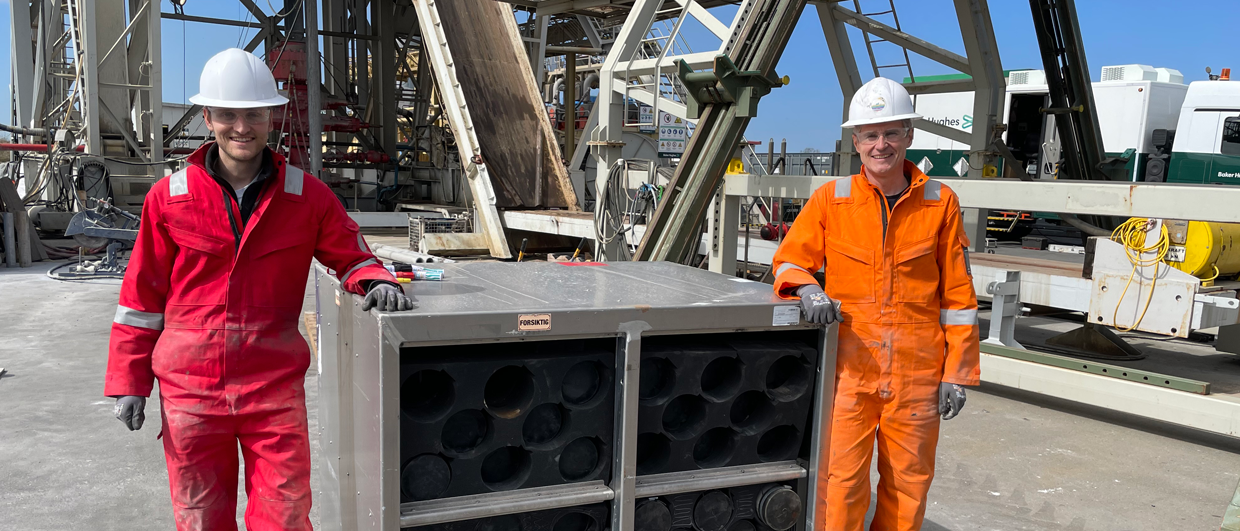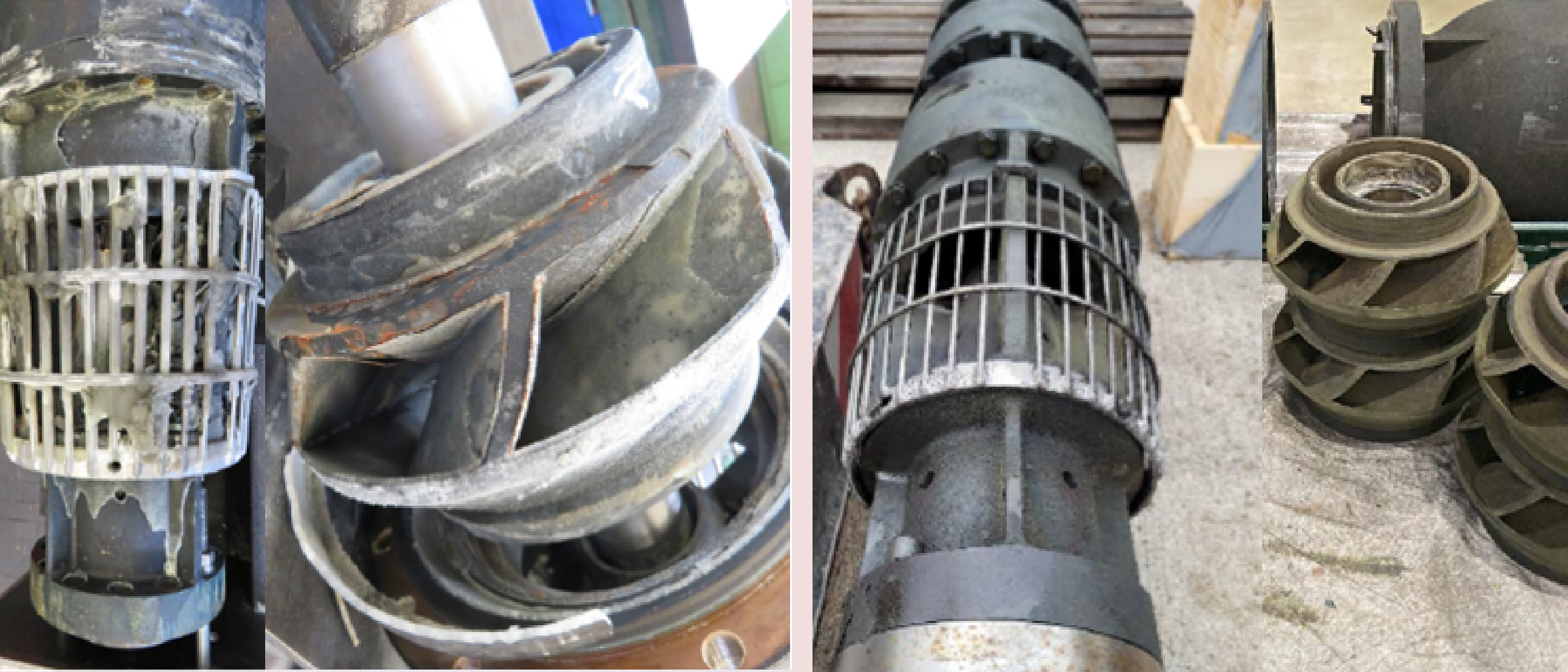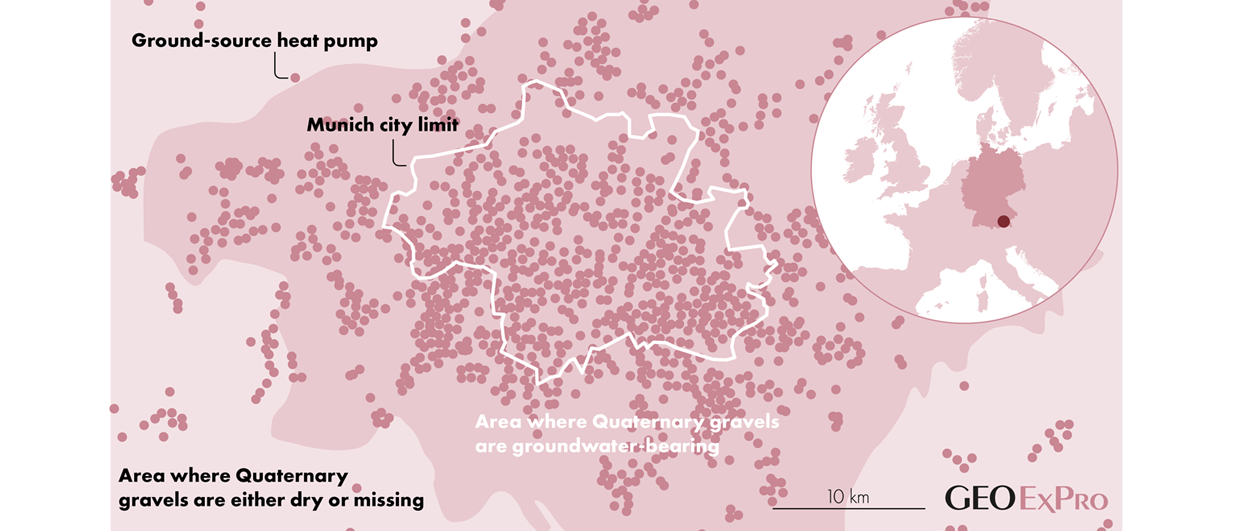“Japan, Saudi-Arabia, Norway – more and more countries rely on raw materials from the deep sea. Germany can’t escape this trend.” The Federation of German Industries (BDI) published a report urging the German government to actively support the International Seabed Authority (ISA) in developing a mining code. This code will establish the regulations and framework for allowing companies to apply for exploitation licenses in areas managed by the ISA (i.e. international waters).
“Germany should help shape the mining code in line with its interests, instead of continuing to call for a precautionary pause. With innovative and environmentally friendly extraction systems, German industry can position itself as an important technology partner for marine raw materials projects,” the authors write.
BDI emphasizes the increasing demand for critical raw materials and the effects of export restrictions driven by geopolitical motivations. Consequently, BDI asserts that deep-sea mining may be essential for German industry to secure and diversify its supply of raw materials. The report highlights Germany’s significant reliance on the importation of metal-based raw materials.
The federation represents 39 industrial sector associations, including the German Association of the Automotive Industry.
The report focuses on manganese nodules, specifically referencing the world’s largest nodule field, the Clarion Clipperton Zone (CCZ). This area is managed by the International Seabed Authority (ISA). The authors point out that the CCZ contains high concentrations of copper, nickel, and cobalt, making these nodules vital as a potential future resource.
Germany is already involved in marine minerals as a member of the ISA. Since 2006, the Federal Institute for Geosciences and Natural Resources (BGR) has been exploring a licensed area of the Clarion-Clipperton Zone (CCZ). Additionally, the BGR holds a license for sulfide exploration in the Indian Ocean.
However, once the ISA mining code is finalized, Germany may not proceed with extraction under its licenses. In 2022, the German government announced its support for a moratorium – a pause – on deep-sea mining.
“The goal must continue to be to make raw material extraction in the deep sea minimally invasive. To this end, it is important that Germany and the EU actively and quickly take every further step towards formulating and adopting the “Mining Code” and intensifying environmental research. Instead of a precautionary pause or a moratorium, pilot operations should, therefore, begin as soon as possible. This will enable important data on the impact on the deep-sea ecosystem to be collected and appropriate limits to be defined for responsible extraction of raw materials in the deep sea”, the authors conclude.





